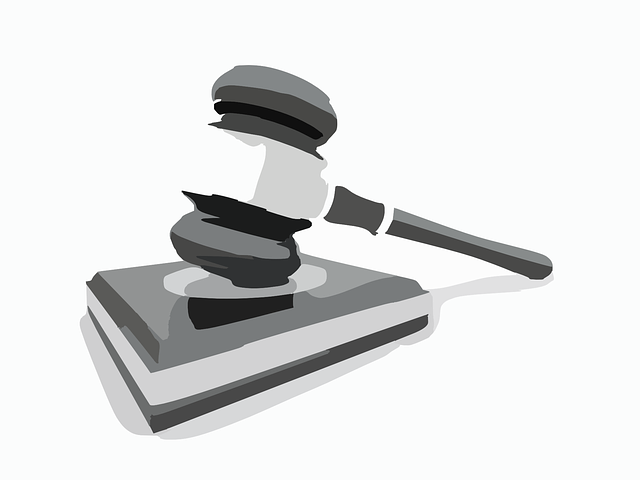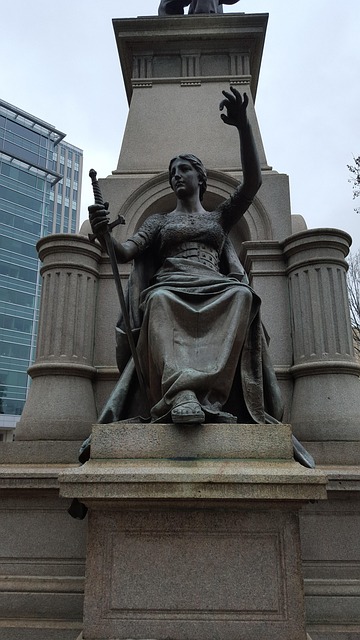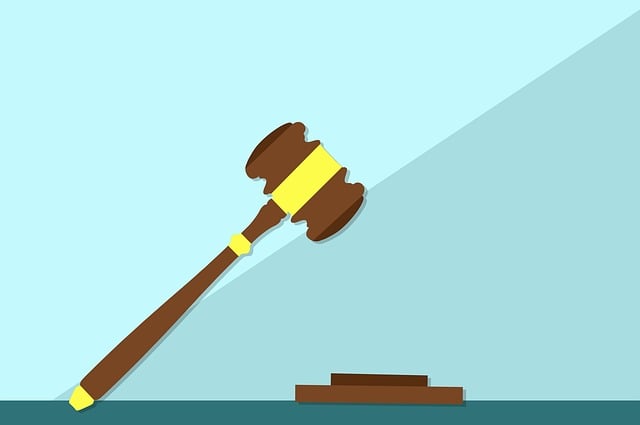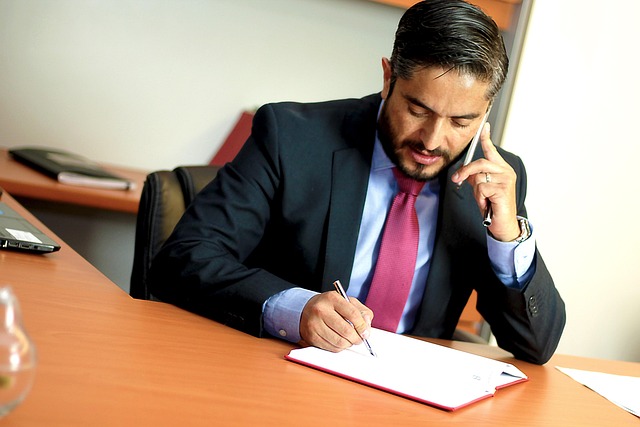Public corruption charges, involving illicit activities like bribery and embezzlement, significantly erode public trust. In these cases, the Understanding Burden of Proof in Criminal Cases is crucial. Prosecutors must prove guilt beyond a reasonable doubt using compelling evidence such as financial records, witness testimonies, and forensic analysis. Defendants have the right to challenge evidence and defenses, potentially leading to charge dismissal if prosecution fails to meet legal standards. This principle ensures due process and maintains fairness, transparency, and accountability in both corporate and individual defense.
“Public corruption charges represent a significant threat to democratic institutions, undermining public trust and distorting societal progress. This article delves into the intricacies of these charges, beginning with a definition of public corruption and its various forms. We explore the crucial role of proof in corruption cases, examining how evidence is gathered and presented. Furthermore, we delve into the Understanding Burden of Proof in Criminal Cases, highlighting the rights and responsibilities that shape the course of justice.”
- What are Public Corruption Charges?
- The Role of Proof in Corruption Cases
- Understanding the Burden of Proof: Rights and Responsibilities
What are Public Corruption Charges?

Public Corruption Charges refer to allegations that individuals in positions of power or authority have misused their positions for personal gain. This can involve a wide range of illicit activities, from bribery and embezzlement to fraud and abuse of public funds. Such charges are a serious matter as they erode public trust in government and institutions, undermining the integrity of society’s respective business, philanthropic, and political communities.
Understanding the burden of proof in criminal cases is crucial when it comes to public corruption. Prosecutors must demonstrate beyond a reasonable doubt that the accused has engaged in corrupt practices. This involves gathering compelling evidence, including financial records, witness testimonies, and detailed investigations into suspicious transactions or activities. The complexity of these cases often necessitates meticulous scrutiny, as corporate and individual clients alike can be affected by the outcomes.
The Role of Proof in Corruption Cases

In public corruption cases, the role of proof is paramount. Understanding the burden of proof in criminal cases is crucial to navigating these complex legal battles. Prosecutors must present compelling evidence to establish guilt beyond a reasonable doubt. This includes tangible documents, witness testimonies, and forensic analysis relevant to the alleged offenses. The strength of this evidence determines whether there is a strong case for indictment.
In terms of achieving a complete dismissal of all charges, defendants have rights that protect them from unfounded accusations. They are entitled to challenge the admissibility of evidence and present their own defenses. A skilled defense attorney can uncover weaknesses in the prosecution’s case, leading to a possible avoiding indictment if the evidence falls short of meeting the high legal standards required for conviction.
Understanding the Burden of Proof: Rights and Responsibilities

In criminal cases involving public corruption charges, the understanding of the burden of proof is pivotal. The prosecution must present compelling evidence to establish guilt beyond a reasonable doubt. This fundamental principle ensures that individuals face charges fairly, protecting the rights of both corporate and individual clients in white-collar defense cases. It underscores the importance of due process, where defendants are entitled to challenge accusations and present their side of the story.
The burden of proof is not merely a technicality; it’s a cornerstone of justice. It requires prosecutors to gather detailed, credible evidence, accounting for any gaps or inconsistencies. This process, in turn, fosters transparency and accountability, crucial elements in navigating public corruption cases. By adhering to these standards, the legal system ensures fairness and maintains trust between government bodies and respective business entities.
Public corruption charges pose a significant challenge to justice, demanding a thorough understanding of the burden of proof. By recognizing the critical role of evidence and the rights of both accused and accusers, we can ensure fairness in criminal cases involving public officials. Navigating these complexities is essential to upholding the integrity of our legal system and restoring public trust. In terms of understanding burden of proof in criminal cases, this knowledge equips us to address corruption effectively.






